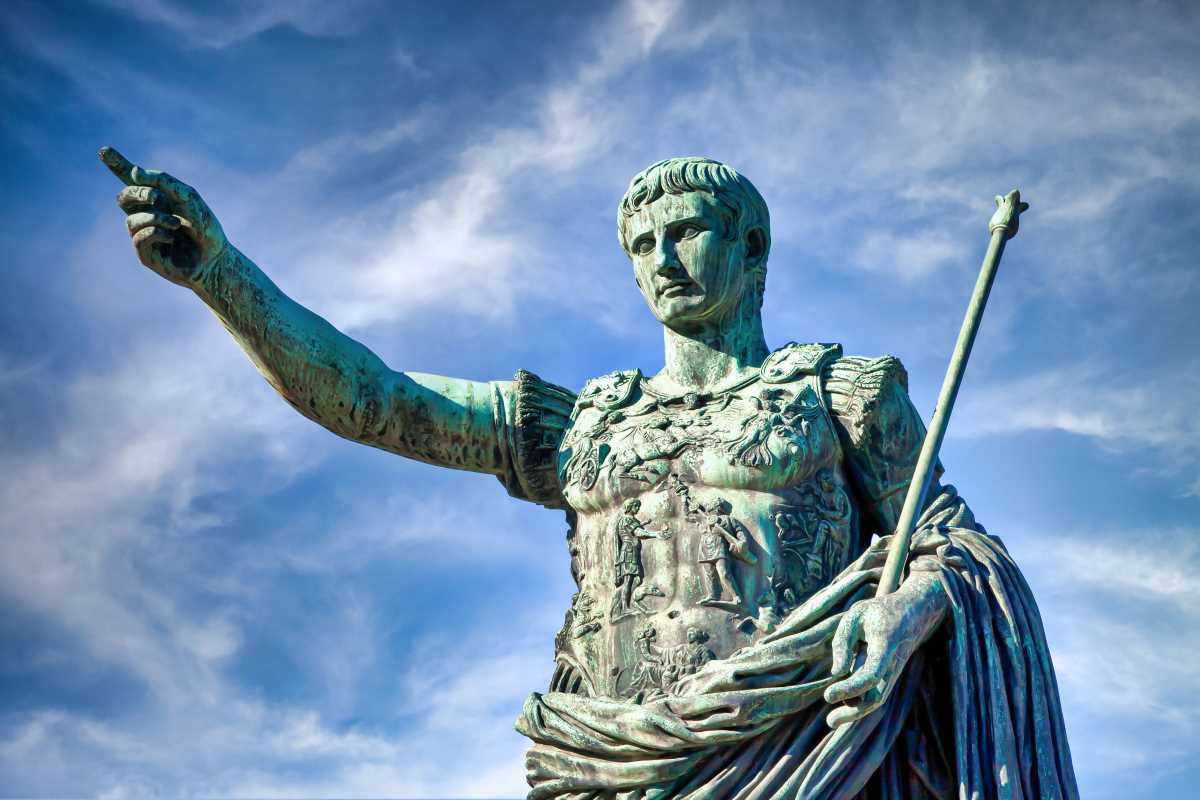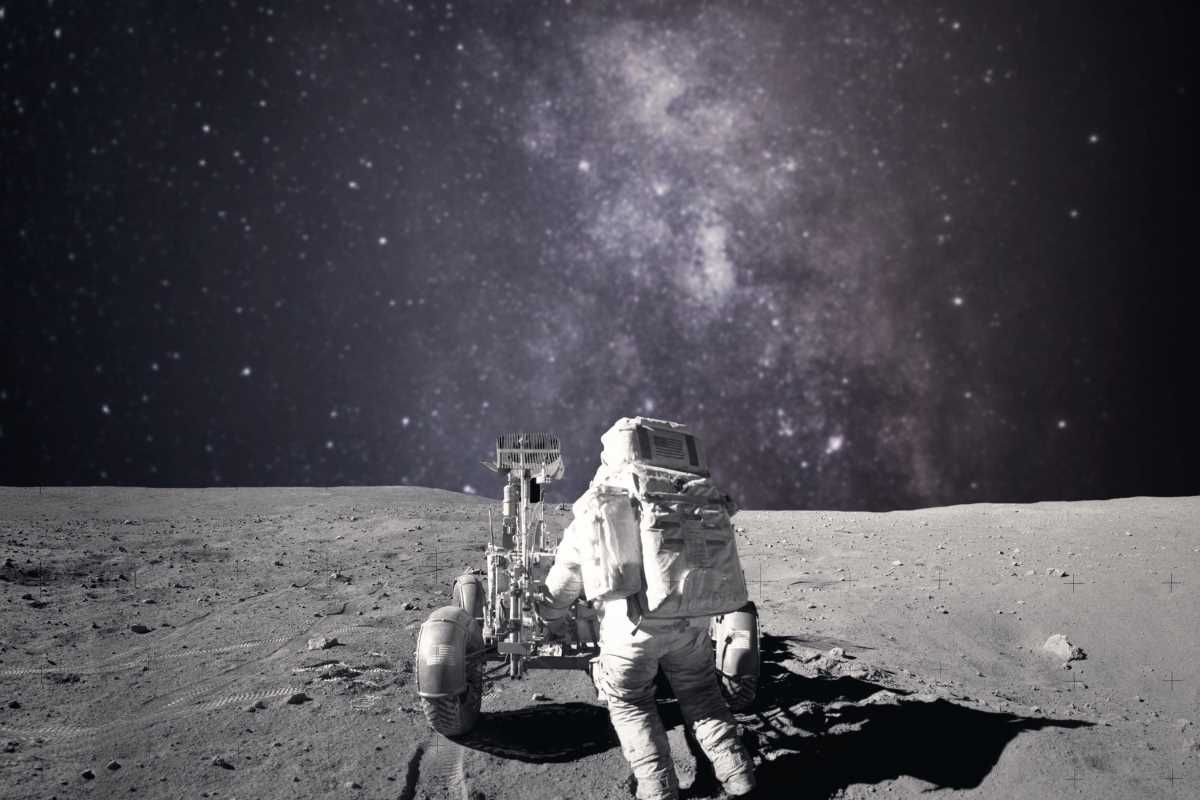Books have always been more than just pages filled with words. They carry ideas, beliefs, and stories that ignite change, inspire people, and shape how we see the world. From ancient scrolls to modern novels, certain books have left a lasting mark on humanity, affecting cultures, sparking revolutions, and influencing how societies grow and evolve. They’ve been a tool to preserve history, challenge norms, and motivate action. Think about the books you’ve read that changed the way you think or made you look at life differently—that’s the kind of magic we’re talking about here. Today, we’ll take a look at some of these iconic works and how they impacted the world around them. Get ready to explore the immense power of words.
Religious Texts That Built Belief Systems
Religious books have arguably had the biggest influence on societies throughout history. Take the Bible, for instance. It’s not just a spiritual guide for billions of Christians but also a foundation for much of Western culture. Stories like the Ten Commandments influenced the development of laws, while parables shaped moral values. Even non-religious people can see how its cultural footprints show up in art, literature, and politics.
Similarly, the Quran has deeply shaped Islamic culture. Beyond religious guidance, it led to advancements in areas like science, math, and architecture in the Islamic Golden Age. These texts guided individuals and communities that significantly shaped world history.
Books like the Bhagavad Gita from Hinduism or Buddhist teachings found in genres like the Tripitaka offered philosophical frameworks, influencing how people understood life, death, and their place in the world. Each of these books continues to shape cultures and values.
Politically Charged Books That Changed the Game
Sometimes, a book comes along that doesn’t just reflect the times but challenges the status quo. One famous example? The Communist Manifesto by Karl Marx and Friedrich Engels. Published in 1848, this book shook the world. Its ideas about class struggle and the need for workers to unite paved the way for major political upheavals. Movements like the Russian Revolution, which gave rise to the Soviet Union, and other leftist movements worldwide drew directly from its pages.
On the other end of the spectrum, you have works like The Federalist Papers, written in the late 18th century by Alexander Hamilton, James Madison, and John Jay. These essays shaped the way Americans viewed democracy and laid the groundwork for the U.S. Constitution. Without them, the United States might have looked very different.
The power of politically charged books lies in their ability to create blueprints for action. They comment on society and give people the tools to change it.
Literary Classics That Questioned Norms
Books don’t have to be religious or political to change the world. Some of the most influential works are novels that challenged how people saw themselves or the broader society. Take Uncle Tom’s Cabin by Harriet Beecher Stowe. Published in 1852, it became a major force in the fight against slavery in the United States. The novel put a human face on slavery, making readers feel the injustice and cruelty of the institution. It’s said that when President Abraham Lincoln met Stowe, he jokingly called her “the little lady who started this big war,” referring to the Civil War.
Jumping forward in time, George Orwell’s 1984 warned the world about the dangers of totalitarian governments, propaganda, and the loss of privacy. Published in 1949, this dystopian novel remains relevant today in discussions about government surveillance and manipulation.
Similarly, books like To Kill a Mockingbird by Harper Lee tackled themes of racial injustice and morality in America’s Deep South. Little wonder it’s still taught in classrooms today. These classics resonate because they make readers uncomfortable enough to think deeply but relatable enough to spark wide conversations.
Scientific and Philosophical Texts That Shifted Thinking
Sometimes, the books that shape societies don’t just teach us what to feel but also how to think. Charles Darwin’s On the Origin of Species flipped the script on how people understood life. Published in 1859, it introduced the theory of evolution, explaining how species, including humans, developed over time. Naturally, it sparked heated debates (and still does today), but it also revolutionized science and shaped the modern understanding of biology.
Likewise, The Republic by Plato tackled ethics, justice, and governance back in ancient Greece, topics still hotly debated today. Thinkers like Plato showed future societies how to look at problems practically and philosophically.
And then there’s Niccolò Machiavelli’s The Prince, which redefined how people viewed power and leadership. Machiavelli argued that rulers might need to be ruthless to maintain order, and his book became a manual for politicians even as it scandalized others.
These books took abstract ideas and gave them form, planting seeds that changed how humanity views big questions about life, leadership, and progress.
Stories That Represent the Voiceless
Not every influential book is about grand philosophies or dramatic revolutions. Some work their magic by giving a voice to the marginalized. A great example is Chinua Achebe’s Things Fall Apart. Published in 1958, it tells the story of colonialism’s impact on African societies through the lens of one village. It provided a counter-narrative to the European-centric view of Africa that had dominated for centuries.
Similarly, books like The Diary of a Young Girl by Anne Frank gave a face to the horrors of the Holocaust. Anne connected with millions by sharing her personal story, reminding the world of the human side of war and genocide.
Toni Morrison’s Beloved, an exploration of slavery and its emotional consequences, gave voice to the painful history often overlooked or sanitized. These books represent stories that had either been silenced or ignored, ensuring those experiences would never be forgotten.
Books remain a powerful force even with all the new technology at our fingertips. They slow us down in a fast-paced world, giving us a chance to think, imagine, and connect with ideas that have shaped humanity. Whether they’re thousands of years old or fresh off the press, iconic books keep teaching and inspiring us.







